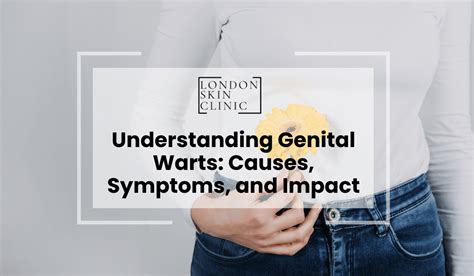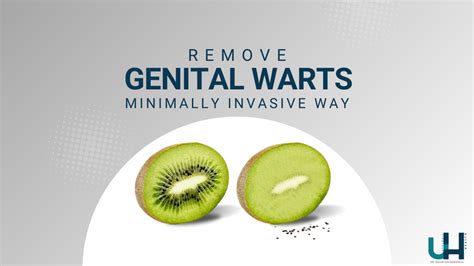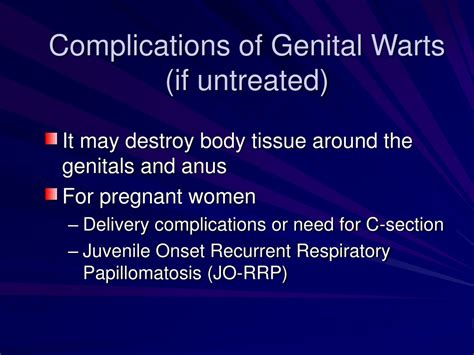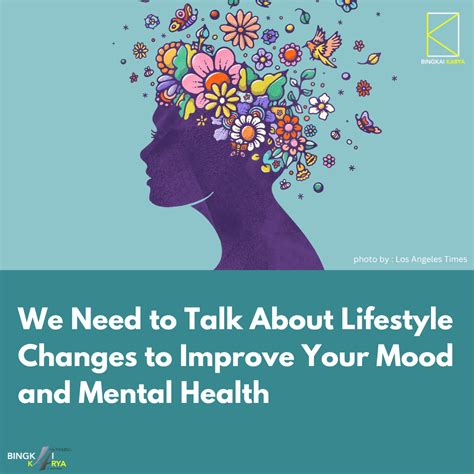Intro
Discover how genital warts can disappear naturally through immune system response, with symptoms subsiding over time, offering a non-invasive alternative to treatments like cryotherapy and topical creams.
Genital warts are a common sexually transmitted infection (STI) caused by certain strains of the human papillomavirus (HPV). They can appear on the vulva, vagina, cervix, penis, scrotum, or anus, and can be a source of significant distress and discomfort for those affected. While there are various treatment options available for genital warts, many people are interested in knowing whether they can go away naturally without medical intervention. In this article, we will delve into the topic of genital warts and explore the possibility of natural resolution.
Genital warts are highly contagious and can be spread through skin-to-skin contact during vaginal, anal, or oral sex. According to the Centers for Disease Control and Prevention (CDC), HPV is the most common STI in the United States, with over 40 types of HPV that can infect the genital area. Genital warts can appear as small, flat, or raised growths, and may be cauliflower-shaped or resemble a small bump. They can be itchy, painful, or bleeding, and can also cause emotional distress and anxiety.
The good news is that, in some cases, genital warts can go away naturally without treatment. This is because the immune system can fight off the HPV infection, causing the warts to disappear over time. However, this process can take months or even years, and there is no guarantee that the warts will resolve on their own. Additionally, even if the warts go away, the HPV infection can still be present, and it is possible to transmit the virus to others.
Understanding Genital Warts

Factors That Influence Natural Resolution
Several factors can influence the likelihood of genital warts going away naturally. These include: * The type of HPV strain: Some strains of HPV are more likely to cause persistent infection, while others may be more easily cleared by the immune system. * The strength of the immune system: People with weakened immune systems, such as those with HIV/AIDS or taking immunosuppressive medications, may be less likely to clear the virus. * The presence of other STIs: Having other STIs, such as chlamydia or gonorrhea, can increase the risk of persistent HPV infection. * Age: Younger people may be more likely to clear the virus, as their immune systems are typically stronger.Treatment Options for Genital Warts

Prevention and Screening
Preventing genital warts is crucial, as it can reduce the risk of transmission and complications. The following measures can help prevent genital warts: * Practicing safe sex: Using condoms and dental dams can reduce the risk of transmission. * Getting vaccinated: The HPV vaccine can protect against certain strains of HPV that cause genital warts. * Getting screened: Regular screening for STIs, including HPV, can help detect infections early and prevent complications.Complications of Genital Warts

Managing Genital Warts During Pregnancy
Genital warts can be a concern during pregnancy, as they can increase the risk of transmission to the baby. Women who are pregnant and have genital warts should: * Inform their healthcare provider: It is essential to inform the healthcare provider about the presence of genital warts, as they can provide guidance on management and treatment. * Avoid certain treatments: Some treatments, such as podophyllin, are not recommended during pregnancy, as they can harm the baby. * Practice safe sex: Practicing safe sex can reduce the risk of transmission to the partner and the baby.Lifestyle Changes to Promote Natural Resolution

Home Remedies for Genital Warts
Some people may try home remedies to help manage genital warts, such as: * Tea tree oil: Applying tea tree oil to the affected area may help reduce the size and discomfort of the warts. * Aloe vera: Aloe vera gel can help soothe and calm the skin, reducing inflammation and discomfort. * Castor oil: Applying castor oil to the affected area may help reduce the size and discomfort of the warts.Conclusion and Next Steps

We invite you to share your thoughts and experiences with genital warts in the comments below. Have you tried any natural remedies or lifestyle changes to manage your symptoms? What were your experiences with treatment options? Your input can help others who are going through similar challenges. Additionally, if you found this article helpful, please share it with others who may benefit from this information.
What are the symptoms of genital warts?
+Genital warts can appear as small, flat, or raised growths, and may be cauliflower-shaped or resemble a small bump. They can be itchy, painful, or bleeding, and can also cause emotional distress and anxiety.
How are genital warts transmitted?
+Genital warts are transmitted through skin-to-skin contact during vaginal, anal, or oral sex. They can also be spread by touching the infected area and then touching another part of the body.
Can genital warts be prevented?
+Yes, genital warts can be prevented by practicing safe sex, getting vaccinated against HPV, and getting screened regularly for STIs.
What are the treatment options for genital warts?
+Treatment options for genital warts include topical creams and gels, cryotherapy, surgical removal, and laser therapy. The choice of treatment depends on the size, location, and number of warts, as well as the individual's overall health.
Can genital warts go away naturally?
+In some cases, genital warts can go away naturally without treatment. This is because the immune system can fight off the HPV infection, causing the warts to disappear over time. However, this process can take months or even years, and there is no guarantee that the warts will resolve on their own.
